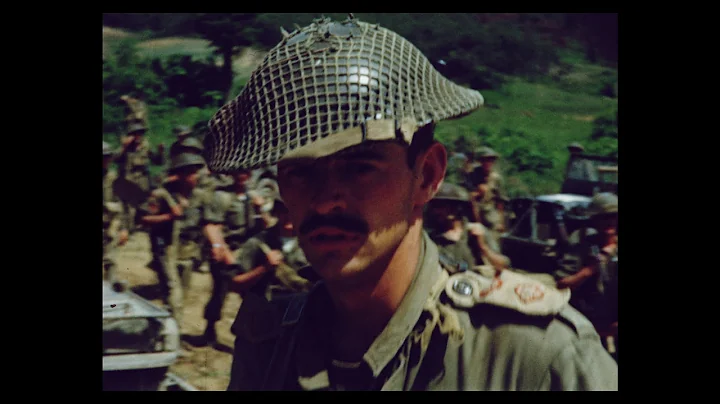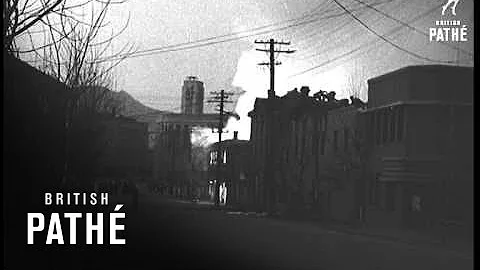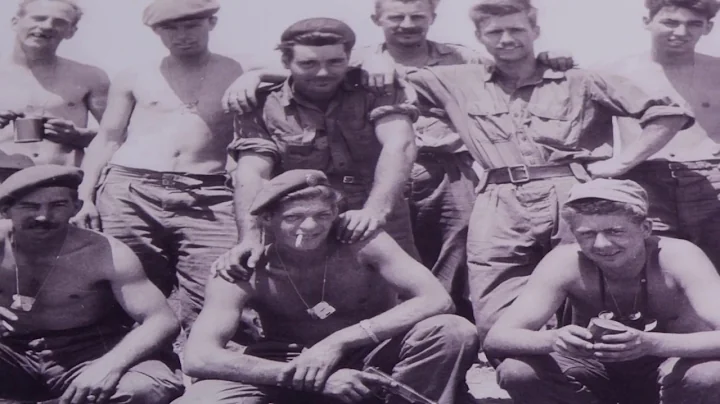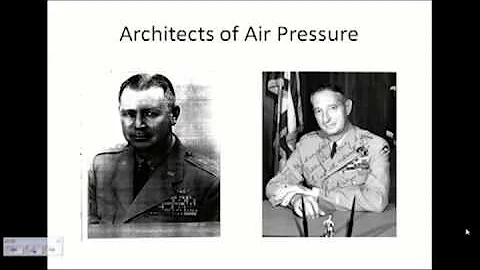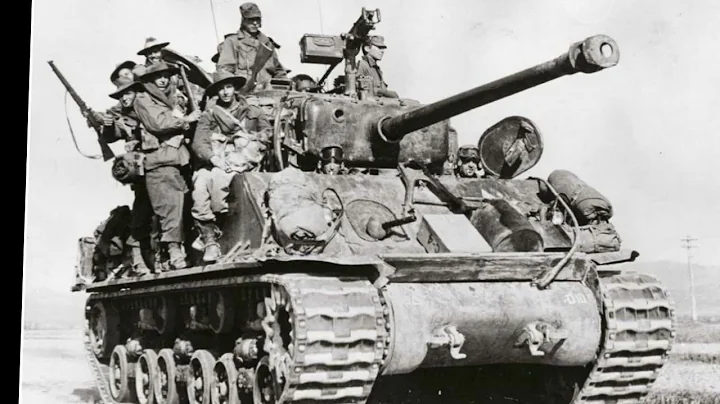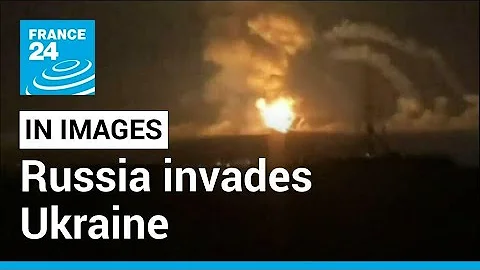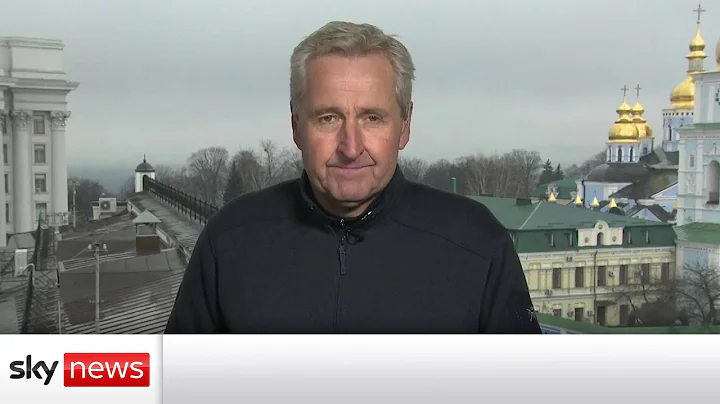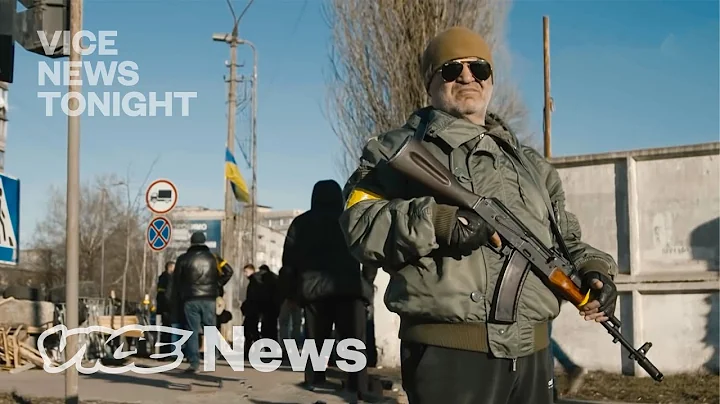In 1952, the situation on the Korean battlefield was still unclear. Although the Volunteer Army and the United Nations Army had already formed a confrontation, and no one could take a step forward, the United Nations Army decided to launch a medium-sized campaign in order to add some bargaining chips to the negotiations. Give the volunteers a little "color". The volunteers noticed the changes of the United Nations troops and immediately took action to prepare for the battle. At the critical moment, an accident suddenly happened.

At this time, it was already the third year that the Volunteer Army had entered North Korea to fight. Commander Peng Dehuai was concerned about the war, had irregular diet and rest, and had severe mood swings, which directly affected his health. The Party Central Committee was worried that he would fall ill, so he was transferred back to China for recuperation. As a result, no one will take over the command of the Volunteer Army. Originally, the Party Central Committee planned to let deputy commander Deng Hua or Han Xianchu temporarily take charge of the overall situation. However, considering that they are also facing a lot of pressure, put more pressure on their shoulders. The burden may make them physically and mentally exhausted.
Seeing that the war is imminent, but the position of coach is still vacant, it is really worrying. Later, after careful consideration, Chairman Mao appointed General Chen Geng to take command to succeed Mr. Peng.
Chen Geng was originally a strong general. He made great contributions in the Agrarian Revolution, the Anti-Japanese War, and the War of Liberation. He had excellent commanding skills. Not long ago, he participated in the Vietnam Anti-French War as a consultant, and he had great influence on Western armies. With rich knowledge, the Party Central Committee believes that he can lead the Volunteer Army to victory. After receiving the appointment document, Chen Geng immediately rushed to North Korea.

But he did not rush to deploy troops to deal with the surprise attack that the United Nations Army might launch at any time. Instead, he summoned all corps cadres to sum up the experience of past battles, analyze the United Nations Army's strategies and tactics, and know himself and the enemy.
Chen Geng believes that the quality of the individual soldiers of the United Nations Army is far inferior to that of the Volunteer Army, and is probably the same as that of the elite troops of the Kuomintang. Their advantage lies in fire support. If you want to defeat them, you must dig wide anti-artillery holes, avoid artillery and aircraft bombing, and retain your effective strength to the maximum extent. After their infantry launches a charge, they can then enter the position to block and repel them.
At the same time, Chen Geng also extensively used "reverse slope tactics", which meant deploying artillery troops on the back of the mountain to avoid enemy artillery fire. When the United Nations troops attack, they will then launch artillery fire at high angles to kill and injure their vanguard troops.

Some generals questioned Chen Geng's tactics. They believed that head-to-head positional battles with the United Nations forces should be avoided. Instead, the volunteers should take advantage of their mobility advantages, carry out mobile warfare, constantly harass the opponent, and gradually erode them. Chen Geng criticized this view. Now, with the assistance of the Soviet Union, the volunteer army's equipment level has been greatly improved, and it is fully capable of facing the United Nations army head-on.
After intelligence analysis, Chen Geng believed that the United Nations Army might attack Shangganling. He immediately ordered the 15th Army stationed here to carry out geotechnical operations and build three-dimensional defense fortifications. Qin Jiwei, commander of the 15th Army, did not dare to neglect and went to the front line in person to urge the officers and soldiers to actively prepare for war. After three months of hard work, the volunteers built tunnels extending in all directions, connecting bombproof caverns, underground warehouses, soldier dormitories, and temporary hospitals, forming an impregnable underground Great Wall.
Just when Chen Geng was confidently preparing to compete with the United Nations Army, the Party Central Committee suddenly sent a transfer order to recall him to the country to prepare for the establishment of China's first military academy, Harbin Military Industry. Before leaving, Chen Geng did not forget to ask Qin Jiwei to continue building the tunnel.

Not long after, the US military launched an attack on Shangganling. Artillery shells fell like raindrops, and the surrounding vegetation was blown up in an instant. The volunteer soldiers hid in the air raid shelters to avoid all harm. When the shelling stopped, they rushed out to fight with the United Nations troops.
During the 43 days of fighting, the US military bombed almost every corner of Shangganling. Whenever they thought there were no survivors on the mountain, volunteer soldiers would pour out from all directions and give them a head-on attack. By the end of the battle, the Volunteer Army had repelled nearly 1,000 attacks by the United Nations forces, killed and wounded more than 20,000 enemies, and destroyed countless tanks. It was a complete victory.After the war, Qin Jiwei said that the victory of the Volunteer Army in the Battle of Shangganling was all because of Chen Geng’s ingenious calculation!
The U.S. military realized that the Volunteer Army was invincible, and since then it has never launched large-scale battles. Instead, it began to imitate the Volunteer Army in carrying out small-scale raids. When the time came to 1953, the United States no longer wanted to fight with the Volunteer Army and was determined to end the war, so it signed an armistice agreement with China and North Korea at Panmunjom . The Korean War came to an end. The Volunteer Army defeated the most powerful army in the world. Won great reputation internationally!

The Korean War was the first time that New China faced off against a foreign enemy. Under the circumstances of backward weapons and equipment and difficulties in logistical supplies, the volunteer soldiers relied on excellent tactics and strong mobilization and organizational power to defeat the dominant United Nations forces. They retreated without defeat, guarded the country's borders, eliminated external military threats, and created a stable and peaceful living environment for the country. This battle heralds that the Chinese people have stood up and will no longer be bullied by others. It also means that New China is about to rise and once again stand tall in the world!
